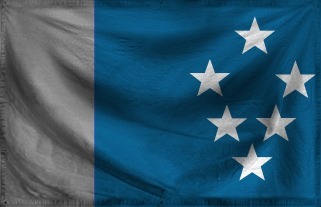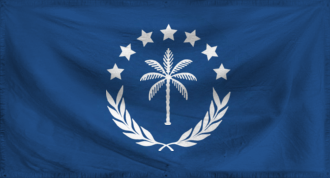Nationbuilding Prompt: Government: Unique and Influenced
January 2018 NB Prompt
Start your New Year right (by discussing parts of your political system). References aside, I've been noticing over the past few months the presence of "western democracies" which have unique and special traits, which really make them truly interesting as nations. This prompt is designed to investigate the unique political environments in each nation and further highlight the diversity of national governments and political sentiments.
So, I guess it's come to that point in the prompt where I throw questions at you... Here they are:
- Who leads your nation? How long have they been in office for?
- What are the major influences besides the citizens themselves on your government (military, trade unions etc)?
- (You saw this one coming) In one sentence, sum up your government.
- Has your government maintained or incorporated any long standing traditions in your nation/in your political envirnment (eg special tribal courts for Indigenous people)
- Are there any term limits on your leaders? Why or why not?
- Is there anyone in assistant or deputy roles? What is their relationship with your leader?
This is a link to a dispatch with last month's responses (to be brought up to date by the 7th of January)












